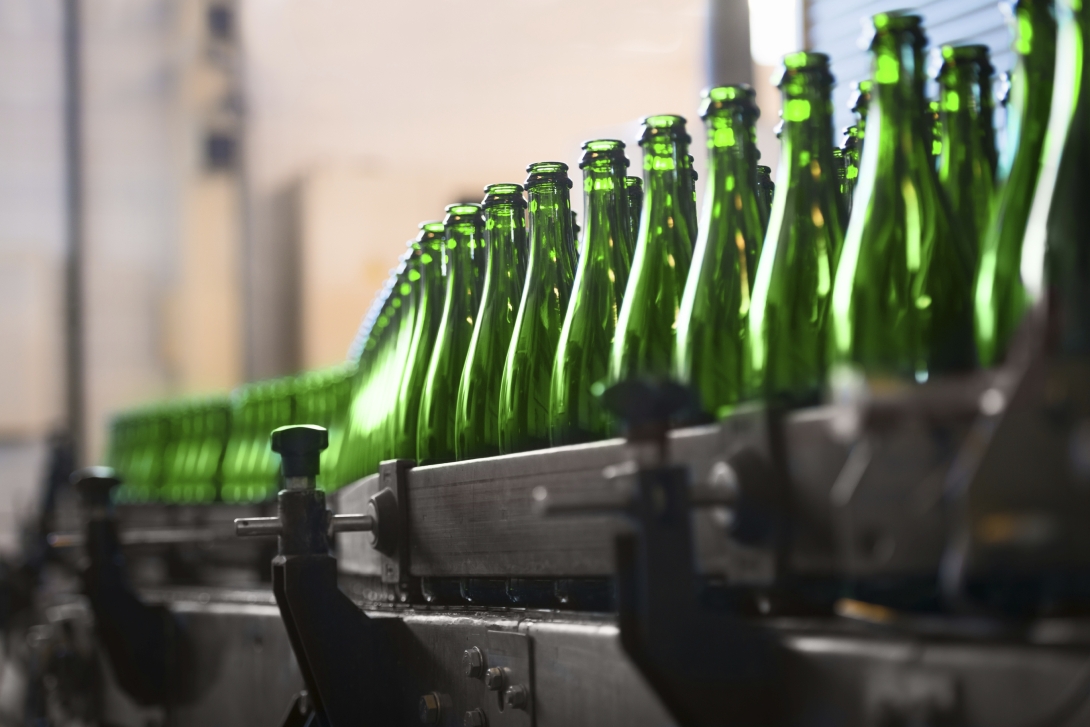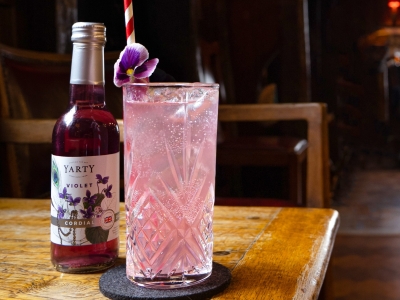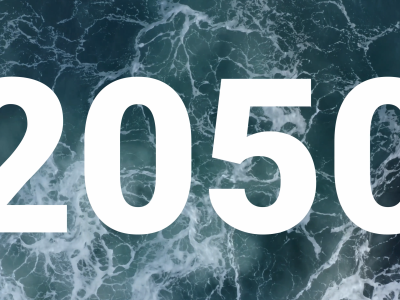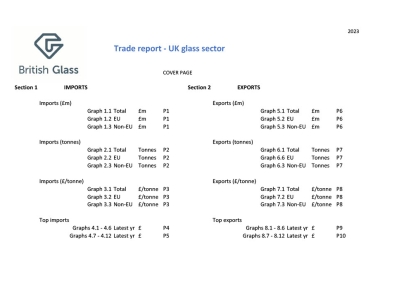
In light of the recently published ‘Plastic Promises: What the grocery sector is really doing about packaging’ by the Green Alliance, which mentions the environmental impacts of alternatives to plastic packaging, Federation Manager, Jenni Richards discusses the use of glass packaging, and its environmental impact.
“When comparing packaging materials on their impact on the environment there will be pros and cons for each, but we know that glass has many benefits, such as its recyclability and its virtually inert nature which doesn’t impact on the products packaged inside.
“The BBC, in response to the Green Alliance report, highlights other packaging materials which are potentially worse for the environment – citing the weight of glass in comparison to plastic during transportation leading to higher pollution levels. Whilst we can’t disagree that glass is heavier in this scenario, the bigger picture is that glass has the perfect qualities for a truly circular economy and our industry is taking great steps to achieve NetZero carbon emissions.
“Glass bottles and jars are 100% recyclable and can be recycled endlessly without losing quality, meaning that the same material can be constantly recycled. This leads to recycled glass (cullet) being reused in the manufacturing process which reduces the amount of energy needed to create new glass bottles and jars. One remarkable fact to consider is that some of the glass in the bottles you are using every day has been reused within the system for over 40 years. This is when the UK glass sector first introduced recycling facilities in 1977.
“One area which we are really proud of and that is growing is in returnable glass bottles for milk. Here there can be no question over the best choice for packaging since bottles can be reused indefinitely with milk bottles being used typically 20 times over.
“The report calls for considered decisions based on evidence – which is important in the current climate crisis – as the long-term solution to the packaging. In the future the carbon intensity and transport related emissions won’t be relevant because the transport sector is due to decarbonise during the 2030s and 2040s and innovative fuel switching will mean that the glass making process will be completely decarbonised within the next few decades.
“Steps to reduce the sector’s environmental impact include setting a target of 2050 to decarbonise and become net-zero on carbon emissions. Research is ongoing to find alternative fuel sources for use in furnaces through Glass Futures to begin to make those plans a reality.
"Glass certainly has its place in our decarbonised circular economy future. Our concern is that short-term thinking will put at risk a material that is ideally suited to a sustainable world. We have to ensure that policies support a stable future and don’t sacrifice that future for short-term, transitory gains."


